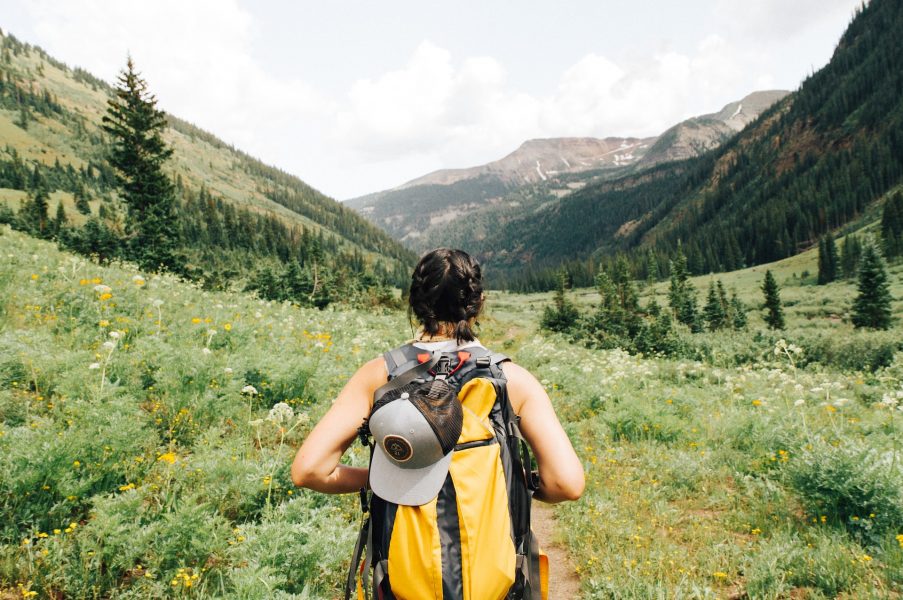Cost-effective methods of enjoying your year abroad

Lydia McKenzie shares her tips on how to navigate your year abroad amid the cost of living crisis, and how to make the most of it nonetheless.
The UK’s cost of living crisis truly needs no introduction. The worsening economic situation has dominated news headlines, caused far too many sleepless nights, and your budget has most likely already taken some kind of strain. For those currently residing in the UK, there is simply no escape.
But what about students studying abroad for the year? Have they managed to flee, albeit temporarily, the woes of the unprecedented energy costs? In some sense, yes, although they do not remain unscathed by the UK’s concerning economic standing: with the sharp decrease in the pound’s value, international students are at the front line, directly facing its consequences.
For the 2021-2022 academic year, I had the good fortune of studying in Victoria, Canada. Upon my arrival in September 2021, 1 GBP could be exchanged for 1.73 CAD (Canadian Dollar). However, with the UK government’s ‘mini-budget’ gamble, 1 GBP sharply fell to the value of 1.47 CAD, having now, at the time of writing, recovered slightly to a value worth 1.56 CAD.
Living and studying abroad for a year truly is a once-in-a-lifetime experience – the enjoyment of which should not be curtailed by the UK’s cost of living crisis. As a result, students living abroad this year will most likely need to find some free or at least cheap methods of exploring their new slice of the world. Fortunately, there are some very cost-effective means of doing so:
Hitchhiking
Hitchhiking has received a lot of bad press and shocked faces. In truth, I think, it is a lot safer than the horror stories that we have all heard: the drivers that are willing to offer you a ride are equally aware of its risks, and they will only pick you up if they think you are a safe passenger. In May 2022, after I had completed the year at the University of Victoria, I commenced my travels in Whistler, British Columbia. The bus system was on strike, and taxis to and from town were starting to eat into my budget. Two of my friends and I decided we would give hitchhiking a go and, after our first success, came to realise how easy it was to save $10 here and there. However, context is also important: Whistler is a small and safe town, full of residents and tourists alike who want to revel in and share its rugged alpine beauty. Although I did hitchhike alone once simply because the area felt so safe, I would always recommend having at least one other person with you, just in case.
Car camping
It’s not the most glamorous of places to call home for the night, but it certainly is the cheapest – a night in a hostel in any Canadian city generally costs around $50. My friend and I explored the forests and coastal towns of Vancouver Island, the hidden quirks of the city of Vancouver, and the might of the Rocky Mountains in Banff with nothing but ourselves, a backpack or two, and a surprisingly comfy sleeping mat in the back of a car. We’d wash and change in the bathrooms of McDonald’s or Tim Hortons (Canadian Starbucks) and grab a quick caffeine fix before heading on to our next destination.
Befriending local tour guides
I spent a week in the Yukon territory, north of British Columbia, wherein the locals spend their long-awaited summer felling trees, fishing, and hunting game in preparation for the 5-month winter of minus 40 degrees Celsius. During my time there, I met a local tour guide who taught me all about the beauties and perils of their long summer days with 22 hours of sunlight, and even longer winter nights where the sun barely rises at all. He was kind enough to invite me on his weekly fishing trip to get a taste of the day-to-day Yukon lifestyle. It was here, at a perfectly blue lake in the middle of the forest, lying between various mountain ranges, that I experienced the peace that can be found in gathering your own food; learning new skills rather than paying for someone to do it for you. It’s also the place where I realised that I could never live the life that he does: every venture into the woods requires a can of bear spray, just in case any predators are around, as well as some thick skin to cope with incessant mosquito bites.
The cost-of-living crisis will take its toll no matter where in the world students might find themselves, so it poses a time to pay careful attention to outward expenditure. However, by doing so, it’s possible to find some unique cost-saving methods that can make the study abroad experience even more memorable.


